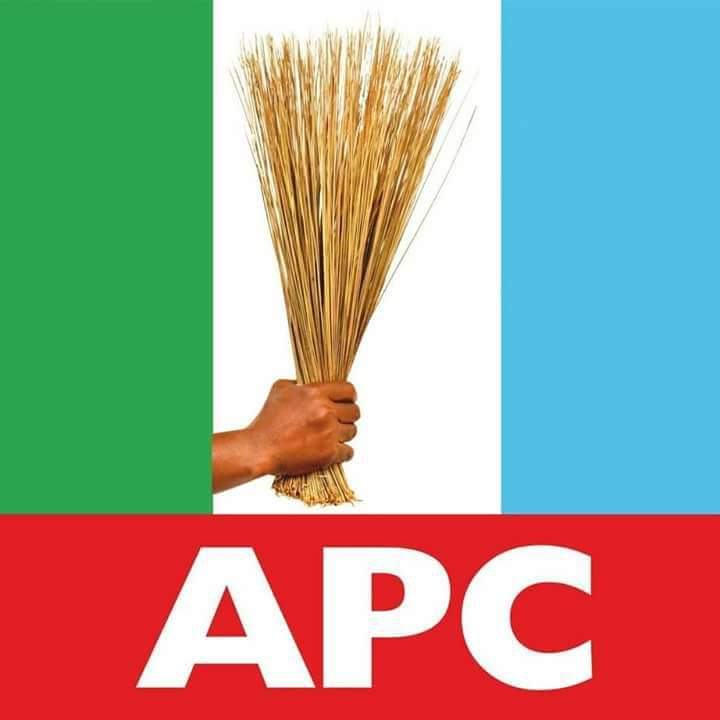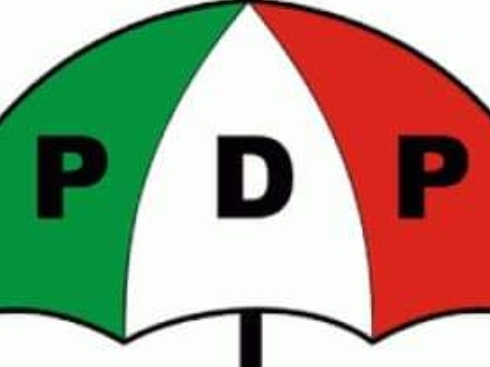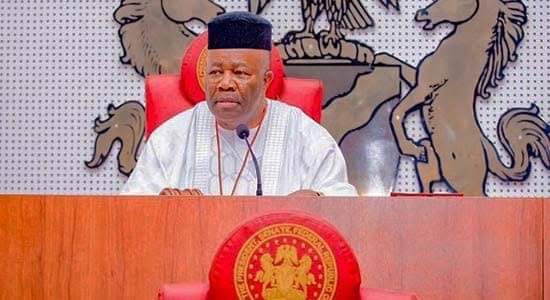INEC Begs EU Mission, Says Don’t Use Challenges Uploading Results To Judge Our Performance In Presidential Election
The Independent National Electoral Commission (INEC), on Tuesday, urged Nigerians not to judge the electoral empire as a result of the challenge the commission experienced in the upload of the presidential election of February 25, 2023.
INEC National Commissioner, Festus Okoye made this known while reacting to the final report on the 2023 general elections submitted by the European Union Election Observation Mission on Monday. Okoye noted that the glitch experienced in the upload of the presidential election in the country should not write off the entire polls held nationwide.
Okoye explained that the law empowers political parties to know what goes on at the polling units.
He asserted that Nigerians commended the electoral body for the deployment of the Bimodal Voter Accreditation System (BVAS) in the general elections, maintaining that nobody had faulted the functionality of the BVAS, in terms of voter accreditation, Channels TV reports.
“It is not fair to judge the entire performance of the commission on the basis of a glitch in the result upload for the presidential election,” he said.
“Almost all the political parties nominated and got accredited at least over 170,000 polling agents. What that means is that they had primary evidence of the results from the polling units.
“It is those results from the polling units, together with the BVAS as a machine itself that goes to the collation centre. So, it is not true for a political party to rely only on result upload in order to get the evidence with which it wants to prosecute its case in court,” he added.
The European Union Election Observation Mission (EU EOM) had stated that the presidential selection of the leadership of the Independent National Electoral Commission (INEC) leaves the electoral body vulnerable to the perception of partiality.
The group asserted that the 2023 general elections did not ensure a well-run transparent and inclusive democratic process as assured by INEC
The group explained that public confidence and trust in INEC were severely damaged during the presidential poll and were not restored in state-level elections, leading civil society to call for an independent audit of the entire process.
The EU EOM offered 23 recommendations for consideration by the Nigerian authorities that would contribute to the improvement of future elections.
The report reads, “The widely welcomed Electoral Act 2022 (the 2022 Act) introduced measures aimed at building stakeholder trust.
“However, the Act’s first test in a general election revealed crucial gaps in terms of INEC’s accountability and transparency, proved to be insufficiently elaborated, and lacked clear provisions for timely and efficient implementation.
“Weak points include a lack of INEC independent structures and capacities to enforce sanctions for electoral offences and breaches of campaign finance rules.
“Furthermore, the presidential selection of INEC leadership at the federal and state level leaves the electoral institution vulnerable to the perception of partiality.
“Closer to the polls some started to doubt INEC’s administrative and operational efficiency and in-house capacity. Public confidence gradually decreased and was severely damaged on 25 February due to its operational failures and lack of transparency.
“While some corrective measures introduced before the 18 March elections were effective, overall trust was not restored.”
The Chief Observer, EU EOM, Barry Andrews, while addressing a press briefing in Abuja, noted that his team carried out its work between 11 January and 11 April on the invitation of the INEC
He said: “We are particularly concerned about the need for reform in six areas which we have identified as priority recommendations, and we believe, if implemented, could contribute to improvements for the conduct of elections.










































